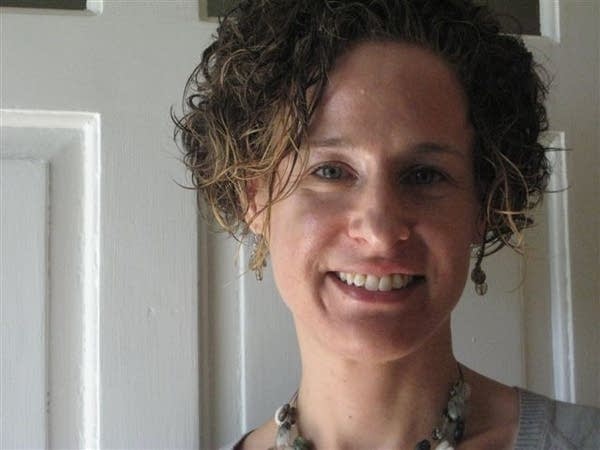Patients worry about losing therapists, relapse after changes at the Emily Program
Go Deeper.
Create an account or log in to save stories.
Like this?
Thanks for liking this story! We have added it to a list of your favorite stories.
For people with eating disorders, the Emily Program, is among a handful of sources for help in Minnesota. The specialized facility for people with eating disorders has branches in the Twin Cities and in three other states.
But leadership has launched programming changes that will affect some people in the Emily Program's outpatient services — and patients say the changes are abrupt and deeply concerning.
NancyGrace Norman is one of those patients.
Norman struggled with food for years. "It was mindless eating. I ate to soothe," she said.
Turn Up Your Support
MPR News helps you turn down the noise and build shared understanding. Turn up your support for this public resource and keep trusted journalism accessible to all.
So Norman, who lives in St. Paul, said she contacted the Emily Program. There, she found the support she needed, and eventually graduated to seeing a therapist every other week.
Today, Norman said she's feeling better than she has in years, but she's worried that's all about to change.
A few weeks ago, her therapist told her that the Emily Program was changing its clinical model to focus on acute care only starting at the beginning of 2018. Emily Program leaders say that patients like Norman who are in an outpatient setting and who are grappling primarily with other issues like depression and anxiety will have to seek care elsewhere.
Norman said her therapist has helped her stay in recovery, and she worries about finding a new one.
"I've been with her for six years," Norman said. "She knows everything about me. I trust her. We just feel like it's a really cold, calculated move. And it's not the Emily Program that we knew."
Aside from Norman's concerns that she won't be able replicate the relationship she has with her current therapist, Norman is mulling other complications: Will she find a provider that accepts her insurance? Will her recovery collapse while she looks for a new provider?
And will she even be able to find someone who specializes in eating disorders?
Becky Morrow, who also lives in St. Paul, is in the Emily Program outpatient program as well. She said her therapist has been laid off as part of the clinical restructuring. She's already enrolled in a new program, but said that finding a qualified therapist is very difficult — and essential to staying in recovery because a good therapist will also help patients identify if they're facing a relapse.
"A lot of therapists that treat non-eating disorder patients will hear 'eating disorder' and run the other direction," Morrow said. "They don't necessarily have the deep training that therapists who specialize in eating disorders do to treat that aspect of it."
The Emily Program says the changes will affect roughly 100 to 150 patients of the 3,000 served in Minnesota.

Jillian Lampert, the chief strategy officer for the Emily Program in the Twin Cities, said that the changes were not motivated by financial pressures as some patients have suggested, but have been in the works for a while.
"We are really highlighting that we are a specialized eating disorder treatment service," Lampert said. "In order to optimize our impact, we need to focus our efforts in ways that provide the most services to the most people."
Lampert said it was not the Emily Program's intention to announce the changes abruptly or impersonally as some patients have complained. It's one reason Lampert said that clinicians were asked to have one-on-one conversations with their patients rather than issue a blanket statement or policy.
Lampert said that clinicians will help patients figure out what's next.
"We totally recognize that particularly for people with eating disorders that might have anxiety or other co-occuring conditions, change is hard. And we really, really appreciate that," she said.
Morrow, who works for a health care company, said the changes at the Emily Program point to a larger issue in her industry: the disconnect between administrators who make decisions about care and what patients actually need.
The Emily Program is an underwriter for MPR News.


